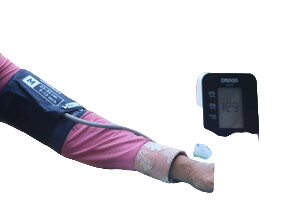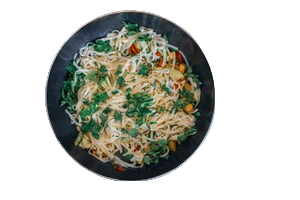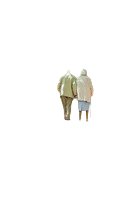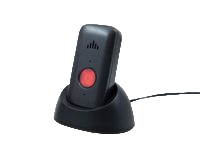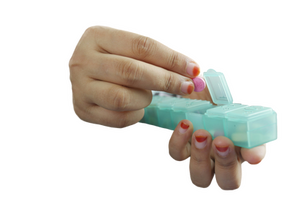The best time to check your blood pressure (BP) depends on what you want to monitor and your daily routine. However, here are some general guidelines:
1. Morning (Upon Waking)
Why: Blood pressure naturally fluctuates throughout the day, often rising in the morning after waking. This is due to the body's circadian rhythm and the release of hormones like cortisol. Measuring BP in the morning before eating, drinking, or taking medication gives a baseline reading unaffected by daily activities or stressors.
2. Evening
Why: Taking a second reading in the evening can help you understand how your blood pressure changes throughout the day. It also helps capture the effects of daily activities, stress, or any medications taken in the morning.
3. After Exercise or Stress
Why: Blood pressure can rise after physical activity or during stressful situations. While not part of a regular monitoring routine, occasional checks after these activities can provide insights into how your body responds to them.
4. Before Taking Medications
Why: If you are on blood pressure medication, checking your BP before taking your medication can help assess the medication's effectiveness over 24 hours.
Best Practices for Accurate Readings:
Rest for 5 Minutes: Sit quietly for at least 5 minutes before measuring your BP.
Same Time Daily: Try to measure at the same time each day for consistency.
Avoid Caffeine, Exercise, and Smoking: Avoid these for at least 30 minutes before taking a reading, as they can temporarily raise your blood pressure.
Use the Same Arm: Always use the same arm, as readings can vary between arms.
Monitoring your BP at consistent times daily, especially morning and evening, gives a more accurate picture of your overall blood pressure health.
- Home
- Usefultips
- When to check your Blood Pressure
